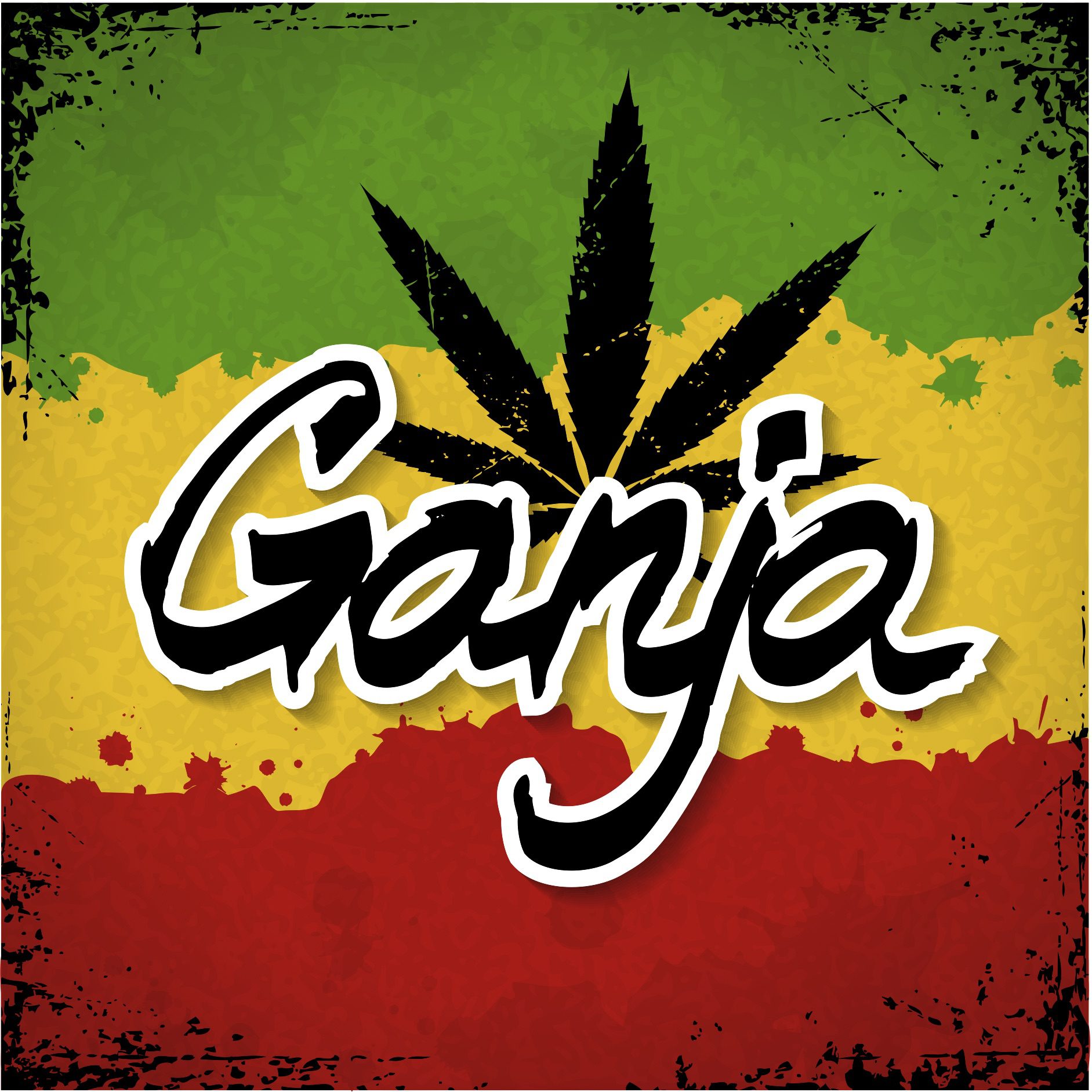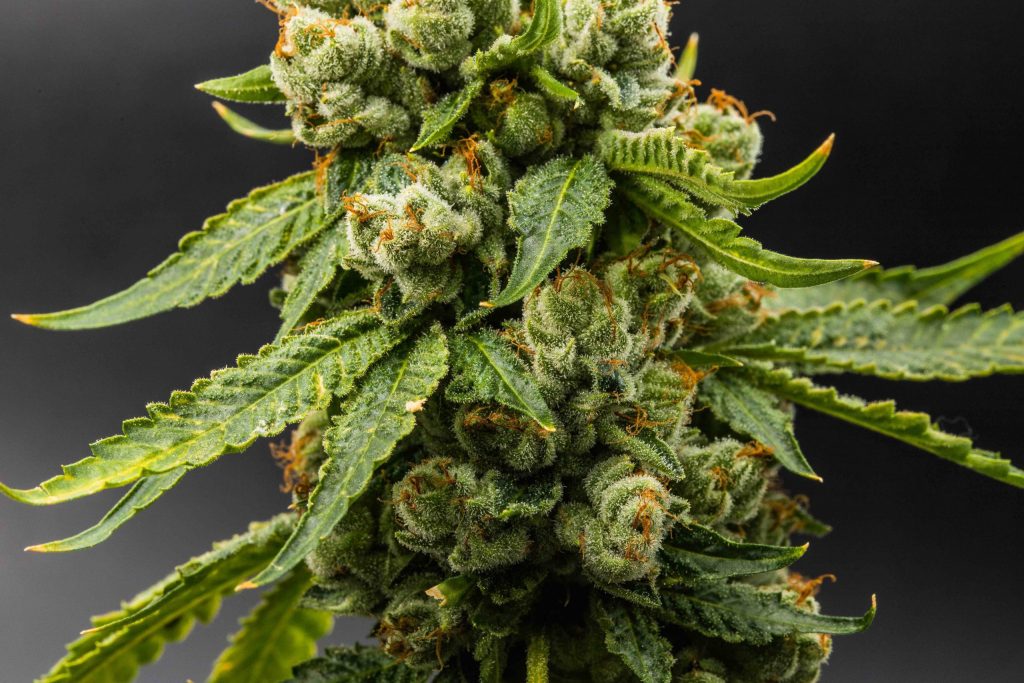
Ganja? What does the word mean? The simple answer is that today, we use ganja as slang for cannabis, weed, bud, or any other term for marijuana. However, it’s taken this word over 100 years to travel through the modern English language, through India, Jamaica, Europe, and North America.
Ganja is a word that permeates the global cannabis space. You see it on websites, storefronts, smoking products, and seed packets. But ganja has historical roots and a fascinating history. Discover the word’s origin and how it became so dominant in cannabis culture.

Ganja Synonyms
For starters, let’s look at some related terms.
- CannabisCannabis is actually just the Latin term for “hemp.” It’s also often used as a synonym for hemp plants containing THC.
- MarijuanaMarijuana is the dried flower of the female help plant. You can find resin on the flower’s fine hairs containing THC, cannabidiol (CBD), and other cannabinoids.
- WeedWeed is simply slang for marijuana.
- GrassGrass and weed mean the same thing: marijuana.
- GanjaAlthough most believe the word ganja has roots in the Rastafarian religion, Jamaica, or elsewhere in the Caribbean, the word really originated from Hindi and the Sanskrit language.
Check out 50 other names for ganja.
The History of Ganja
There are hundreds of scientific and slang terms for weed, but ganja has historical meaning. It’s an ancient word that’s played a vital role in Hindu religious customs and healing techniques.
Cannabis has a rich history in India. Although the herb likely came from modern-day China, the plant ultimately landed inside India’s borders, where it fulfilled a major role as a religious sacrament and holistic herb. Using the cannabis plant in that region dates back to 2000 B.C.
Many ancient texts refer to cannabis. Some scholars suggest cannabis was part of an intoxicating ritual preparation called soma in the Vedic age. The Rigveda, written between 1700 and 1100 B.C., pays homage to this cannabis concoction.
The Atharva Veda, compiled between 1,500 and 1,000 B.C., also mentions the sacred plant known as “bhanga” and its anti-anxiety properties.
However, these references remain controversial. The texts are written in the ancient Sanskrit language — one of the oldest languages in the world. This antiquated linguistic system is complex. For example, it has over 70 synonyms for water and 100 names for elephants.
The term ganja derives from this native dialect in the form of the word “gañjā,” which suggests a remedy preparation made using cannabis. The term also carries over into Hindi, a more recent Indo-Aryan language from an earlier form of Vedic Sanskrit. In Hindi, the word looks remarkably similar—”gāñjā.”
The influence of Sanskrit on cannabis terminology is still evident today. Modern scientists use these terms today to name new cannabis molecules. The molecule anandamide means happiness in Sanskrit. How’s that for an appropriately named cannabis component?
The Contribution of Ganja to the Rastafari Religion
What does ganja mean to the Rastafarians?
The word ganja didn’t arrive in the west through any cultural reach or mission. It arrived in the shackles of colonialism and slavery. In 1845, the British Empire began shipping enslaved Indians to the Caribbean to help work on the sugar plantations. Over 40,000 Indians came to Jamaica from India in the decades that followed.
Captured enslaved people lost much on the journey — family, freedom, and homeland. But the treacherous journey couldn’t quite shake off some aspects of their culture. Some enslaved people brought along a little slice of home, including ganja.
Hundreds of years earlier, enslaved people arrived on the island from other parts of the world; Victims of the Atlantic slave trade in Africa were brought to Jamaica in 1513. As the British shipped Indians to the island, they inadvertently created a cultural melting pot. Their concerted effort would forever affect the world and cannabis.
Christian missionaries spread the gospel in Jamaica, and members of the large African population there brought their own cultural flavor to the music. This fusion of religion and culture gave birth to Rastafari, a Bible-based faith. However, Rastafarians hold some views opposing many Christian sects.
They trust that heaven is on earth, that the Spirit of God manifests as Emperor Haile Selassie I, and they place great emphasis on the spiritual meaning of ganja.
The Modern Use of Ganja
What does ganja mean today?
Through reggae music, cultural figureheads such as Bob Marley popularized Rastafarianism and ganja, and recognition of both increased rapidly in Western culture. To this day, we associate the word ganja with Jamaican culture.
Although we pay little attention to the word’s origin, the term ganja pops up almost everywhere in Western cannabis, from specialty stores to seed banks, from music to movies.
Indeed, the ubiquitous word ganja has a rich history. This ancient Sanskrit term is now a crucial part of global cannabis jargon after birthing a new religion and the meaningful merging of cultures.
Frequently Asked Questions About Ganja
Is Ganja Legal?
Ganja is cannabis so it is legal in Countries and U.S States where cannabis is legal.
Is Ganja Weed?
Yes, Ganja is weed.
What language does Ganja come from?
Ganja comes from urdu. Ganja is a sanskrit word.
How do People Use Ganja?
Ganja can be smoked, eaten or used any way weed can.






